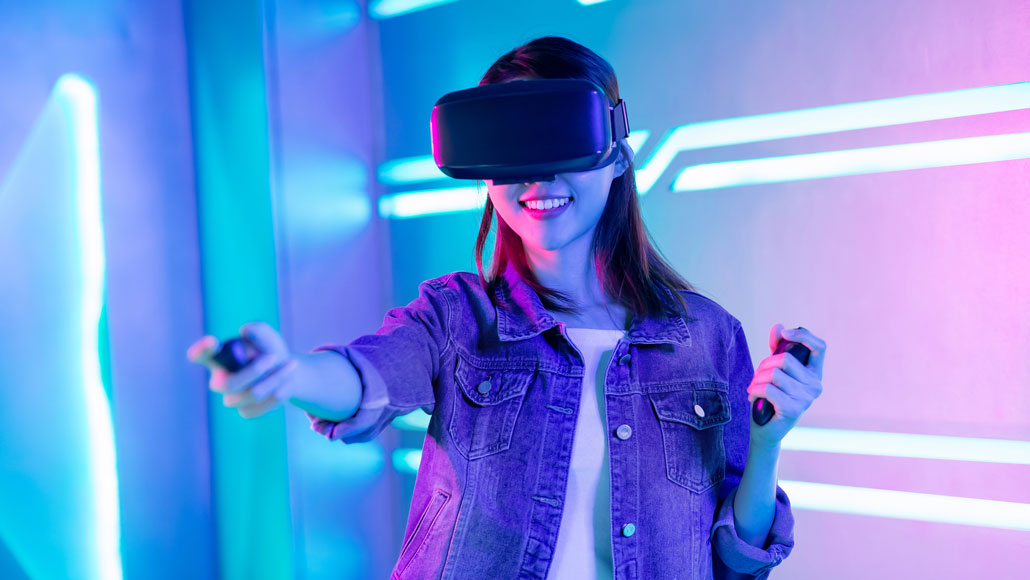Blitz News Digest
Stay updated with the latest trends and insights.
Virtual Reality: A Trip to Anywhere but Here
Escape reality and explore the limitless worlds of virtual reality—your adventure awaits just a click away!
Exploring New Worlds: How Virtual Reality Transports You Beyond Your Imagination
Exploring New Worlds through Virtual Reality (VR) has revolutionized the way we experience entertainment, education, and even therapy. With the help of advanced technology, VR immerses users in a three-dimensional digital environment, allowing them to engage with their surroundings like never before. Whether it's venturing into distant galaxies, diving into the depths of the ocean, or walking through historical recreations, the possibilities are truly limitless. This level of immersion not only enhances entertainment value but also offers a unique platform for learning and personal growth.
Moreover, Virtual Reality serves as a powerful tool for empathy and understanding. By stepping into someone else's shoes—quite literally—users can experience different perspectives and cultures. This transformative experience fosters a deeper connection to various social issues and helps bridge the gap between diverse communities. As technology continues to evolve, the exploration of new worlds through VR will undoubtedly push the boundaries of our imagination and reshape our reality in unimaginable ways.

The Science Behind Virtual Reality: How It Works and Its Impact on Our Perception
Virtual Reality (VR) is a cutting-edge technology that immerses users in a computer-generated environment, seamlessly integrating visual, auditory, and sometimes tactile sensations. The science behind VR relies on a combination of advanced hardware, such as head-mounted displays (HMDs) and motion sensors, alongside sophisticated software algorithms that create a convincing and interactive experience. When a user dons an HMD, their vision is filled with a 3D render of a virtual world, which adapts in real-time to their head movements. This immersive experience is further enhanced by audio that aligns with the visual stimuli, creating a sense of presence that tricks the brain into believing it is experiencing an alternate reality.
The impact of VR on our perception is profound and has implications across various fields such as gaming, therapy, education, and training. For instance, studies have shown that VR can modify the brain's perception of space and movement, leading to heightened emotional responses and improved learning outcomes. Additionally, VR therapy has proven effective in treating phobias and post-traumatic stress disorder (PTSD) by safely exposing patients to feared scenarios in a controlled environment. As the technology continues to evolve, it is crucial to understand not only how VR works but also its potential to reshape human experiences and interactions within both digital and physical worlds.
Can Virtual Reality Help Combat Everyday Stress and Anxiety?
In today's fast-paced world, many individuals are seeking innovative solutions to manage everyday stress and anxiety. Virtual Reality (VR) emerges as a powerful tool in this fight, offering immersive experiences designed specifically for relaxation and mindfulness. By transporting users to serene environments, such as peaceful beaches or tranquil forests, VR allows individuals to temporarily escape their daily pressures, promoting mental well-being.
Furthermore, the interactive nature of Virtual Reality can enhance therapeutic practices by providing guided meditation sessions and stress-relief exercises in engaging settings. Users can partake in activities like deep-breathing exercises or visualizations that help ground them in the present moment. As research continues to unveil the potential benefits of VR in mental health, it offers a promising avenue for those looking to combat stress and anxiety in their everyday lives.